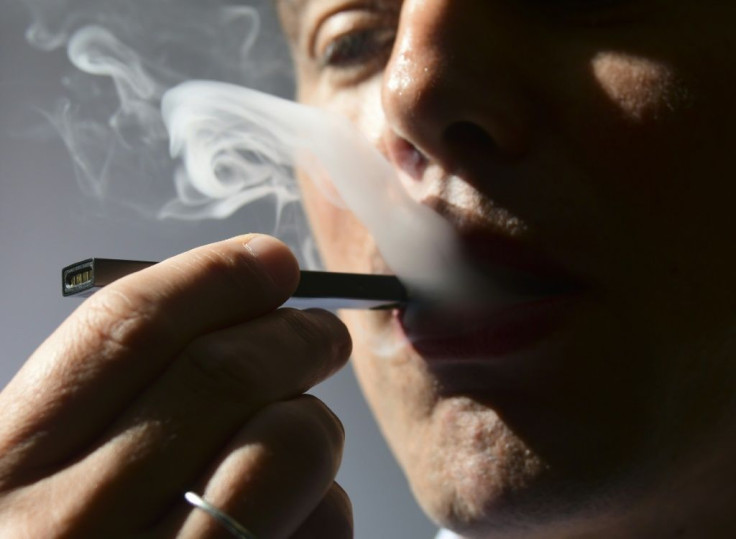Vaping Crisis: House Votes To Ban Flavored Vape, Tobacco Products; Black Caucus Opposes Measure

KEY POINTS
- Flavored e-cigarette and tobacco products are particularly to young smokers
- 5.4 million middle and high school students used vaping products in 2019
- The House-passed bill is expected to die in the Senate
The U.S. House voted Friday to ban the manufacture and sale of flavored vaping products and tobacco to help combat teen consumption.
The 213-195 vote to adopt the Reversing the Youth Tobacco Epidemic Act of 2019 comes months after President Trump initially proposed a comprehensive ban but backed off amid concerns over the impact on jobs. The Food and Drug Administration imposed a limited ban on flavored pod products earlier this year.
Government data indicate 5.4 million middle and high school students used vaping products in 2019. As of Feb. 18, the Centers for Disease Control and Prevention reported 2,807 cases of a mysterious lung ailment linked to vaping, 68 of them fatal. More than half of the sufferers were less than 24 years of age.
The bill, sponsored by Reps. Frank Pallone Jr., D-N.J., and Donna Shalala, D-Fla., mainly targets e-cigarettes but also would bar online sales of menthol cigarettes and flavored cigars.
“We need to ban flavors across the board because that’s what masks the nicotine and makes people think that it’s OK,” Pallone said.
House Democrats were split over the bill, with 17 voting against the measure. Members of the Congressional Black Caucus said the menthol ban would affect African American smokers disproportionately and give police yet another reason to harass black communities.
“If we’re talking about it being a public health issue, something that we’re really, really, really concerned about, then you ban smoking, period, full stop,” Rep. Yvette Clarke, D-N.Y., said, adding: “This legislation has dire, unintended consequences for African Americans. Law enforcement would have an additional reason to stop and frisk menthol tobacco users because menthol would be considered illegal under this ban.”
The bill, however, had the support of several black groups, including the NAACP, the National Black Nurses Association and the National Medical Association.
Others expressed concerns over restrictions on hookahs, a popular smoking method in Middle Eastern communities.
The Senate was not expected to consider the bill.
© Copyright IBTimes 2024. All rights reserved.






















